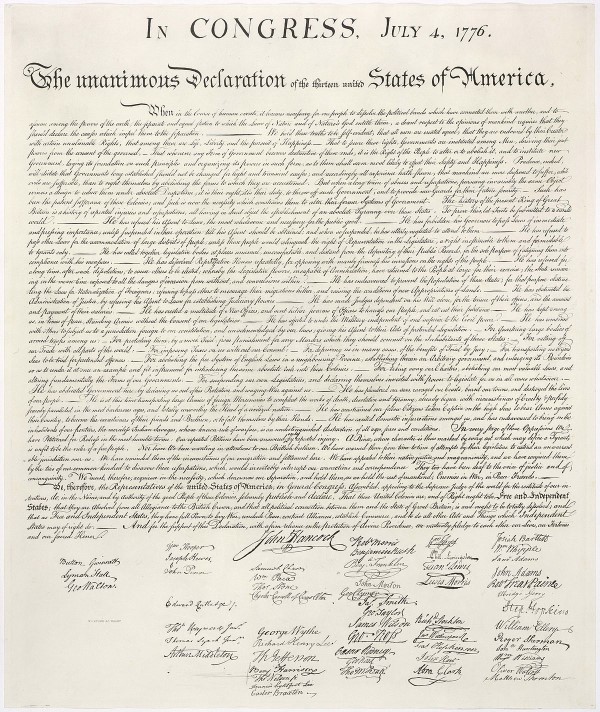NOTE: This began as a Twitter thread, became a Facebook post that went mildly viral and is here in a “final version.”
For my conservative friends:
One of the valuable concepts at the heart of traditional conservatism is the importance of protecting the structures of civilization against decline and barbarism. I see that reflected in a lot of conservatives’ responses to everything going on right now, which broadly (although certainly not unanimously) seem to be tending toward “order at all costs.”
The thing is, order imposed through force is fragile and cannot form a lasting foundation for a healthy society.
It’s also un-American.
Continue reading “Why “No Justice, No Peace” is a Conservative Principle”

 With my newest op-ed in the Detroit News, I’m hoping to get people thinking about development subsidies outside the traditional partisan political battle lines:
With my newest op-ed in the Detroit News, I’m hoping to get people thinking about development subsidies outside the traditional partisan political battle lines: I’m proud to have co-written
I’m proud to have co-written  My most recent op-ed on economic development
My most recent op-ed on economic development